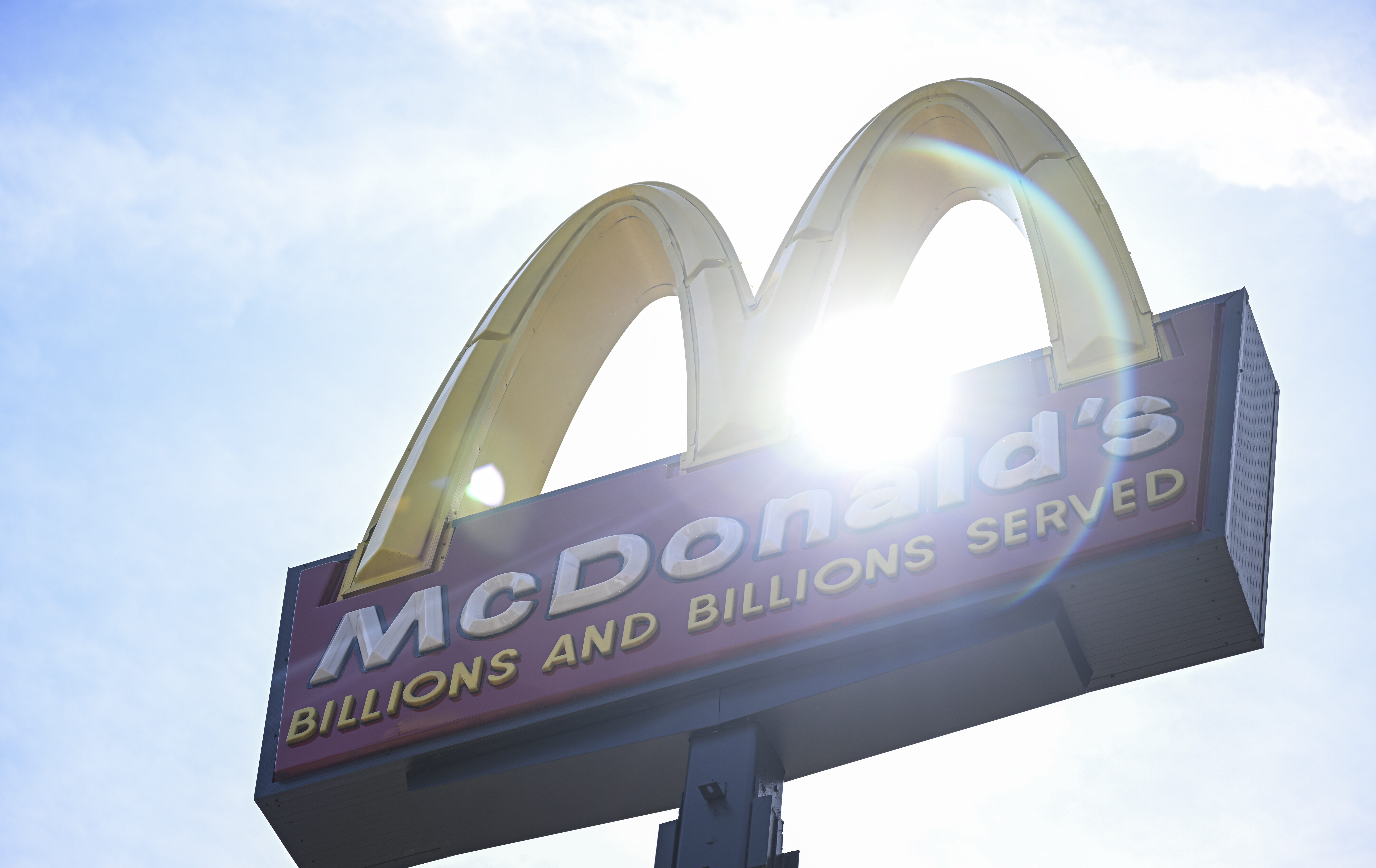Culture
The fast food chain is in the news as a proxy for “regular” America, but in the global era, it has become all things to all peoples.

The late M. Stanton Evans used to say that when he went to a French restaurant, he “expected French fries.” This was a pose struck for comic effect. The former national chairman of the American Conservative Union, author and syndicated columnist, Evans was by no means the rube he sometimes pretended to be.
A product of Yale and New York University, where he studied under Ludwig von Mises, Evans adopted this philistine affectation, some say, to make it known to all and sundry that he was not going to compete with his contemporary and fellow Yalie, William. F. Buckley Jr. Many “conservative movement” types in Washington seem to have regarded Buckley as insufferably effete, and Evans was determined to be seen as a reg’lar guy.
On the few occasions that he actually ate in French restaurants, he would go out of his way to mispronounce French words. There was the time he dined with Buckley and his brother James, the former senator, at Rive Gauche in Georgetown. When the waiter wheeled the dessert tray to their table, Evans inspected it, passed on the chocolate “mouse,” and asked instead for red Jello.
I thought of Stan the other day when I read that the McDonald’s in Paris now serves the McBaguette—a “baguette stuffed with two burger patties, two slices of Emmental cheese, lettuce and French mustard,” Clarissa Wei reports in the Dial. In Saudi Arabia, “customers wait patiently until sundown for the Ramadan special: a McArabia Chicken pita sandwich with a soft serve ice cream. In Argentina, a McDonald’s dessert can be alfajores, sandwich cookies filled with dulce de leche caramel sauce.”
There are now 40,000 McDonald’s in 100 countries, serving fast-food to 69 million customers per day, “a figure surpassing the population of France or the United Kingdom.” McDonald’s, it turns out, has taken over the world, only to surrender to the hoity-toity tastes of ungrateful furriners.
What, then, is the point of world domination? And what’s a red-blooded American overseas supposed to do? With so many illegal immigrants flooding into this country, how soon will the Mickey D’s in, say, Springfield, Ohio, be serving stewed-goat MacMuffins? Stan, his stomach growling, would shudder in disgust.
Well, I get it, but maybe there is another way to look at all this. McDonald’s has achieved world domination by adopting a business strategy firmly rooted in a tradition that might just be quintessentially American. It’s one that Washington politicians determined to impose federal rules and regulations on the rest of us too often ignore.
McDonald’s has succeeded around the world because, as Wei writes, it is a franchise operation “comprising a large network of small business owners servicing their local communities. These local entrepreneurs infuse regional flavors, textures and trends into their menus to appeal to their customers.” (That, you might say, is its secret sauce.)
Other American companies, adopting this approach, are prospering as well. Starbucks in Japan sells yuzu citrus tea. At a Pizza Hut in Mexico, customers order bastones la lechera. It is the American branding that is making it possible for these companies to succeed, with McDonald’s showing the way. There’s a term for this, apparently, which is “glocalization.”
Subscribe Today
Get daily emails in your inbox
Here, again, is Wei:
In the U.S., fast-food chains are utilitarian spaces, a means to an end. A place to pick up a quick fix on the way home without getting out of one’s car. Yet abroad, many are proper sit-down restaurants and have become destinations—places of leisure, pleasure and even joy. For many people who might never set foot in the U.S., these restaurants represent the platonic ideal of America: a land of convenience, efficiency and modernity wrapped up in a paper bag with a side of fries.
McDonald’s is not, as James Beard once claimed, just some “great machine that belches forth hamburgers.” It is also a brand, so much so that presidential candidates now affect authenticity by claiming to have worked at a McDonald’s or pretending to do so now. It’s fun to imagine Evans pulling up to the drive-through window, spotting Kamala Harris in the background flipping burgers, as Donald Trump takes his order. It’s fun, too, to imagine Stan, who took such pleasure in being ornery, ordering the chocolate “mouse,” “with a side of Grey Poupon.”